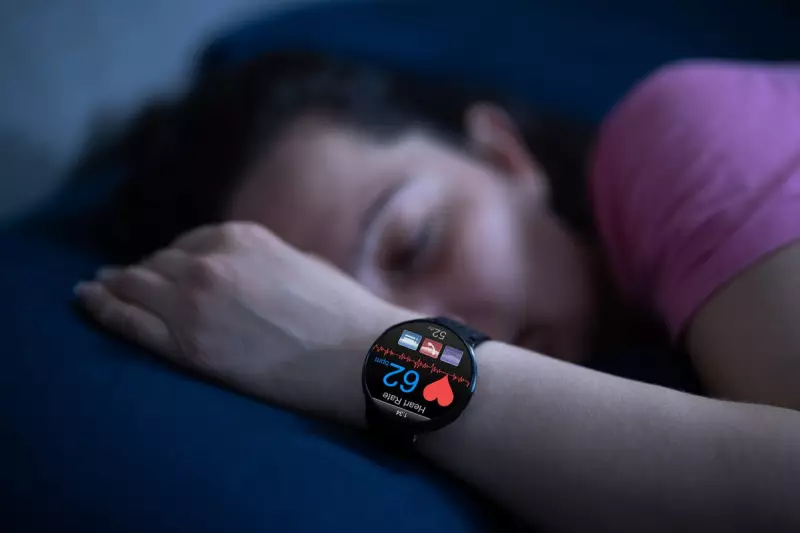
In an era where smartwatches and fitness trackers promise to optimise our health, a troubling trend is emerging across Britain. These devices, designed to improve wellbeing, are instead creating what psychologists are calling an 'epidemic of data shame' and sleep anxiety.
The Sleep Shame Phenomenon
Millions of Britons are waking up to immediate disappointment as they check their sleep scores, with poor readings casting a shadow over their entire day. This constant monitoring is creating what sleep specialists describe as 'orthosomnia' - an unhealthy obsession with achieving perfect sleep data.
Dr Guy Meadows, clinical director at The Sleep School, explains: "Patients arrive clutching printouts of their sleep data, convinced they're sleeping terribly because their device says so, even when they feel perfectly rested."
When Help Becomes Harm
The very technology marketed to enhance our health is backfiring for many users. Research indicates that:
- Constant sleep tracking increases anxiety about sleep quality
- Fitness goals create feelings of failure when targets aren't met
- The 24/7 monitoring disrupts natural sleep-wake cycles
- Users develop dependency on devices for health validation
The Psychological Toll of Perpetual Monitoring
Clinical psychologist Dr Charlotte Hilton emphasises the mental health impact: "We're seeing patients whose self-worth becomes tied to their fitness data. A 'bad' sleep score or missed step target can trigger genuine distress and negative self-perception."
This phenomenon is particularly pronounced among young professionals in tech-savvy cities like London, Manchester, and Edinburgh, where wearable adoption is highest.
Finding Balance in the Digital Health Revolution
Experts suggest several strategies to maintain a healthy relationship with wearable technology:
- Take regular breaks from wearing your device
- Focus on how you feel rather than what the data says
- Remember that these are tools, not absolute measures of health
- Consult healthcare professionals about concerns rather than relying solely on device data
As wearable technology continues to evolve, the challenge lies in harnessing its benefits while avoiding the psychological pitfalls of constant self-quantification.





